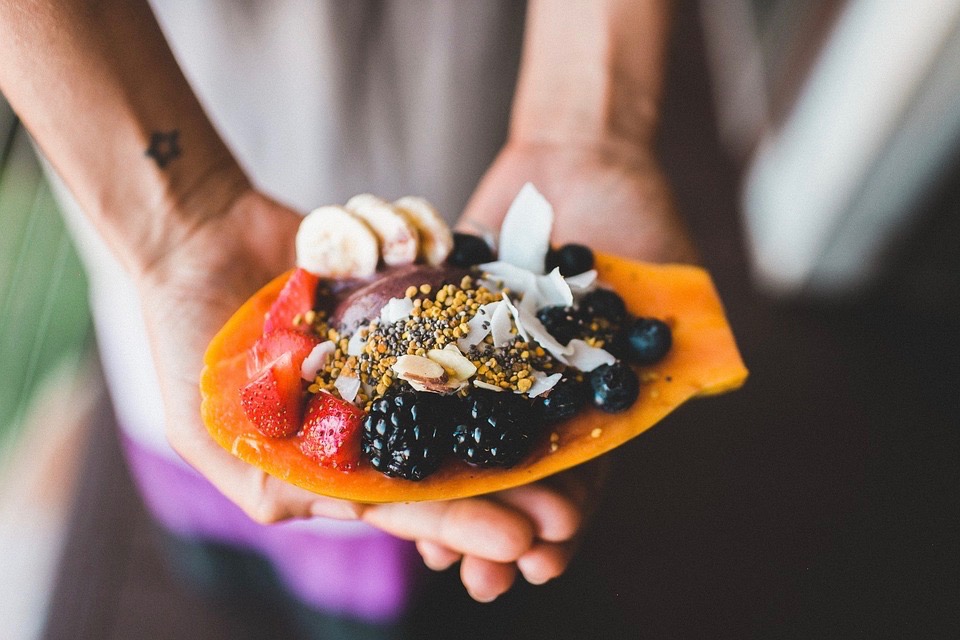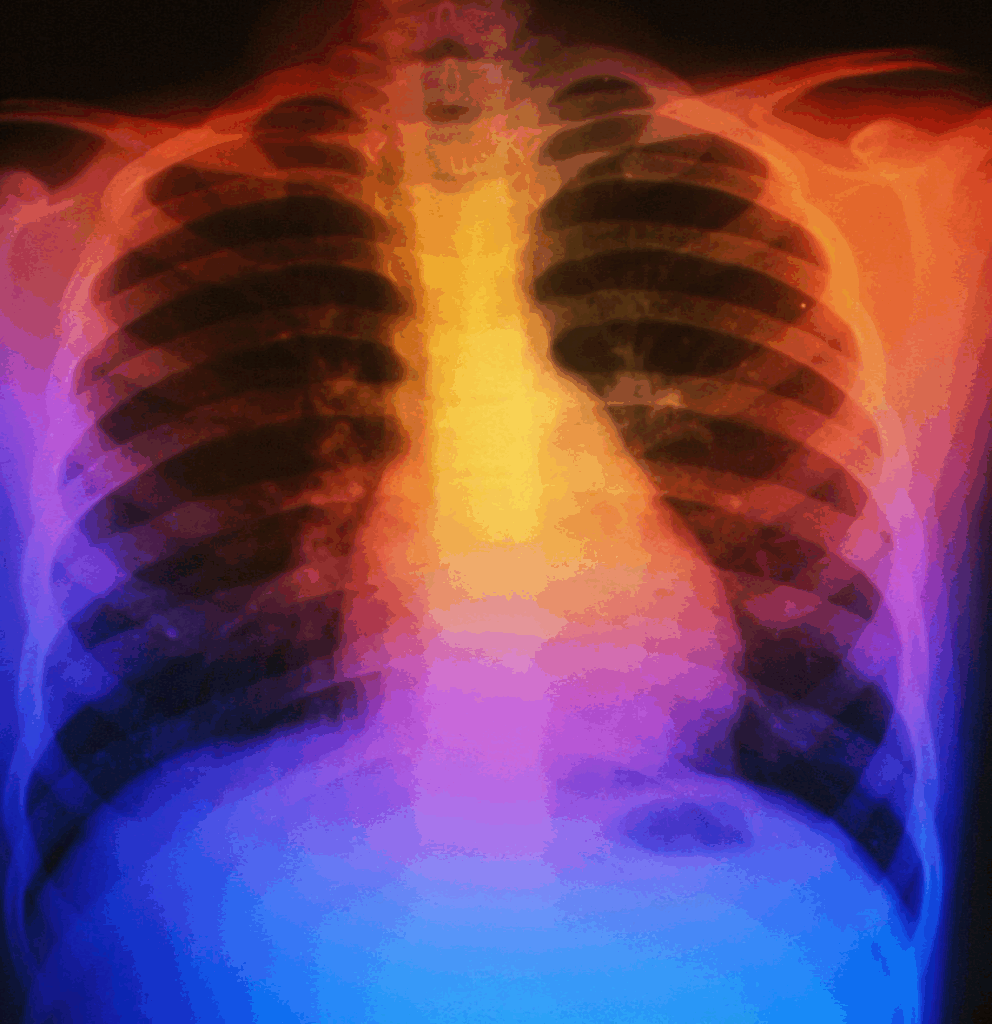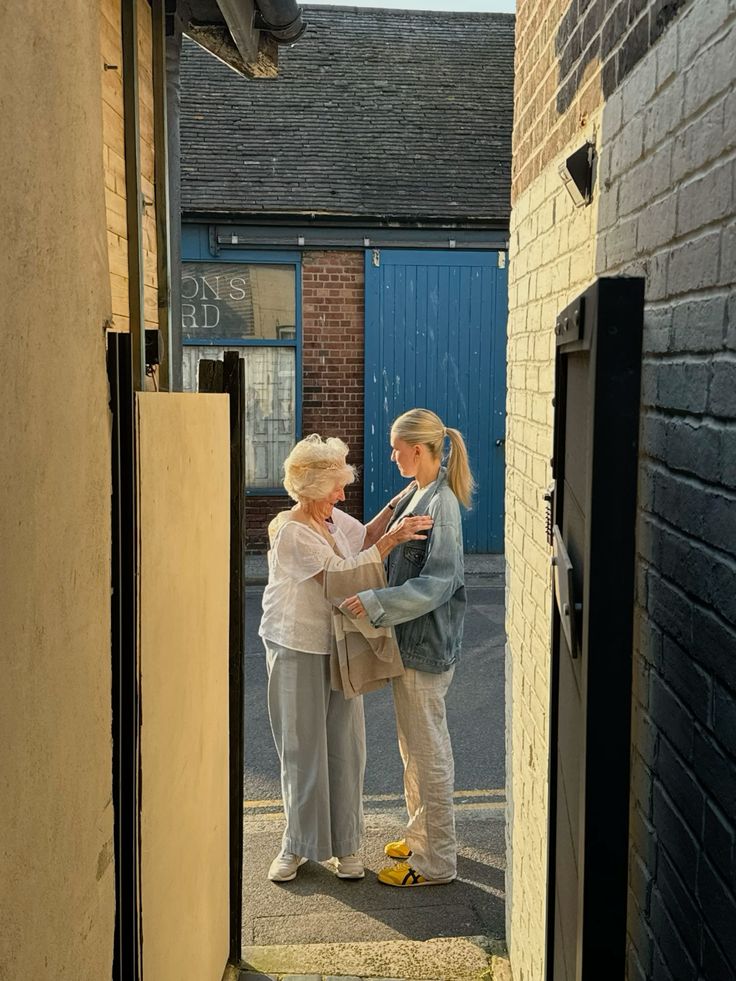There’s constantly buzz about vegetarianism and veganism. You see an article on Facebook, find out one of your favorite celebrities is a vegan, your best friend is thinking that she wants to make the switch — the list goes on and on.
But did you know that becoming a vegetarian or vegan causes many people to suffer from depression and anxiety? This does not mean that if you become a vegetarian or vegan that you will be diagnosed with depression one month later. However, there are risk factors in cutting foods from your diet that must be considered before making the switch. Valley has set out to find out what the link between the dietary change and the diseases could be, and how to avoid these issues.
Monica Montag, founder of BeWell Associates in State College, has handled many cases of college-aged girls becoming vegetarian after coming to college and seeing others live this way. As a nutritionist in State College, Montag has helped many clients figure out why they are newly suffering from anxiety and depression, or worsened cases of each, as well create a plan to live the lifestyle in a healthy manner.
Montag mentioned that the root of the problem is the lack of understanding. Eating a safe diet as a vegetarian or vegan requires “knowledge and care,” and most college students do not have the time to properly research the safe way to make the transition, says Montag. The most prevalent issue is that people will cut meats from their diet without substituting other foods to provide themselves with the necessary amount of protein, which is 0.8 grams per kilogram of body weight every day.
“Nutritional density is sacrificed for convenience and that is when you run into trouble,” says Montag.
Without meats in their diet, many people become protein deficient, which leads to become deficient in the essential amino acids. Without the essential amino acid tryptophan, serotonin can’t be made in the body. Low serotonin levels are linked to depression. Also, protein deficiency elevates cortisol levels, which can lead to an onset or worsened cases of anxiety.
Becoming a vegetarian or vegan is a huge lifestyle change. Junior Maria Walls became a vegetarian in December 2013 and slowly cut foods out of her diet to become a vegan three months later. According to Walls, there are two main reasons that people go vegetarian or vegan. The first reason is out of conviction, or because they believe it is the right way to live life for health, ethical, or environmental reasons. The other reason that a person could decide to make this change is because they want to lose weight. Walls said that those who chose this lifestyle for moral reasons are much less likely to run into nutritional issues. She believes that this is because those people are more likely to conduct extensive research into the topic.
Walls shared that she has had depression since the age of 10 and has not noticed any changes in the disease since she became a vegan. But Walls has done her research and knows that she needs to incorporate foods into her diet that will make the vegan lifestyle a healthy choice for her.
“Going vegan made me the healthiest I’ve ever been. This happened, though, because I became vegan the right way,” says Walls. “I definitely took the time to look into everything and ask others for advice before I went vegan.”
Montag work with clients to create a healthy diet for their needs and beliefs. Sometimes clients are willing to forgo the vegetarian lifestyle for the health of their body. But with committed clients Montag is able to form a dietary plan around their beliefs, needs and schedule. Montag says that a lot goes into forming a healthy diet as a vegetarian or vegan, but improving protein is the most important first step.
There are many foods that are not meats or animal products that provide copious amounts of protein. To get protein, vegetarians can include yogurt and eggs. Both vegetarians and vegans can include foods such as tofu, lentils, beans, nuts, legumes, and seeds into their diet everyday.
“It’s important to train your body to the change and also train your mind to it,” says Walls. “It’s definitely a learning process but every single person I know that has done it, and done it right, has become so much healthier because of it.”





